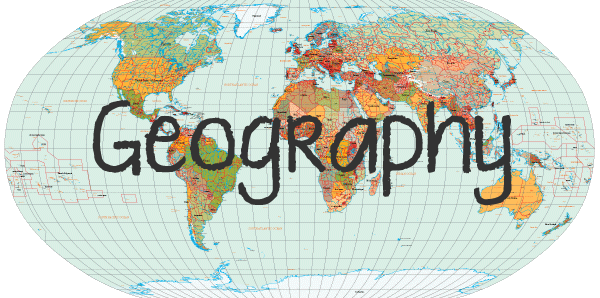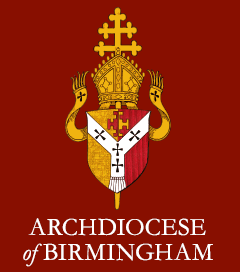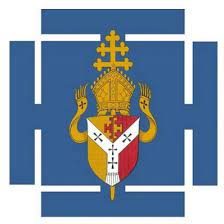Geography

Intent
At St Joseph's Catholic Primary School we believe that Geography helps to provoke and provide answers to questions about the natural and human aspects of the world. Children are encouraged to develop a greater understanding and knowledge of the world, as well as their place in it.
The geography curriculum at St Joseph's enables children to develop knowledge and skills that are transferable to other curriculum areas and which can and are used to promote their spiritual, moral, social and cultural development. Geography is, by nature, an investigative subject, which develops an understanding of concepts, knowledge and skills.
The curriculum is designed to ensure that teaching equips pupils with knowledge about diverse places, people, resources and natural and human environments, together with a deep understanding of the Earth’s key physical and human processes.
As pupils progress through the school, their growing knowledge about the world helps them to deepen their understanding of the interaction between physical and human processes, and of the formation and use of landscapes and environments. Geographical knowledge and skills are progressive and are sequenced to provide the framework and approaches that provide explanation of how the Earth’s features at different scales are shaped, interconnected and change over time.
We seek to inspire in children a curiosity and fascination about the world and its people which will remain with them for the rest of their lives, equipping them well for further education and beyond.
Implementation
Where applicable Geography and History are taught together through topic based themes. It is important to ensure that the geography curriculum does not get diluted during thematic approaches to teaching and that pupils are made fully aware of which aspects of Geography are being taught.
Due to the impact of COVID, we have identified key knowledge to ensure that these key aspects are secure before moving on. Pupils in Nursery and Reception classes are taught to recognise and understand a sense of place. They are encouraged to explore the local area drawing and designing maps, questioning the land use in the past and identifying both physical and man made features.
This is the built on in Year 1 and 2 as pupils begin to explore and develop knowledge of local and global significant places both on the land and oceans. They will contrast and compare biomes of different studied countries and they will begin to understand the impact that humans have had on the world both positively and negatively. They will begin to investigate, consider, reflect and review and draw conclusions. They will be able to define physical characteristics and use geographical contexts to understand the actions of processes and how they bring spatial variation and changes over time.
In Year 3 and 4, pupils will begin to apply knowledge and understanding drawn from the previous year to build on their geographical knowledge of the wider world. Where possible links will be made to the History topics that are being covered. For example, when studying Anglo Saxons, pupils will have a knowledge of where settlers came from, what their originating country was like in geographical terms - location, biodiversity, climate, land use etc and begin to answer reasoning questions related to the movement of these settlers.
Our children will be competent in geographical skills needed to collect evidence/data, analyse and communicate to others using a wide range of data and geographical resources. They will experience real-life challenges, trips, visitors and activities to deepen their learning and engage them in a life-long love of geography.
They will ask and answer challenging geographical questions that make links between events, developments, peoples and periods in the past and for the future. They will know of and use a wide range of geographical information to support learning and develop understanding so that they can communicate their findings in a variety of ways. They will use geographical terms accurately in their effective communication of ideas and judgements. They will select and apply their knowledge and skills from other subjects to draw conclusions and communicate their findings.
They will have a sense of social responsibility, respect for diversity and a willingness to engage with sensitive and controversial issues. They will have a mindset that challenges current thinking and understand the need to gather the evidence to support their thinking. We seek to inspire in children a curiosity and fascination about the world and its people which will remain with them for the rest of their lives; to promote the children’s interest and understanding of diverse places, people, resources and natural and human environments, together with a deep understanding of the Earth’s key physical and human processes. They will feel prepared for the next stage of their geographical education and beyond. They will feel proud of themselves, their communities and their place.
Impact
Outcomes in literacy books, evidence a broad and balanced geography curriculum and demonstrate children’s acquisition of identified key knowledge relating to each of the identified national curriculum strands, as appropriate to key stage; locational knowledge, place knowledge and human and physical geography. This is in addition to the development and application of key skills, supported by fieldwork.
As children progress throughout the school, they develop a deep knowledge, understanding an appreciation. Children learn about careers related to geography from members of the local and wider community, with specialist skills and knowledge (for example during science week and careers week) and this ensures that they are well prepared for the next steps of their education.
Why is geography important? Click here to watch Sir David Attenborough tell us.


